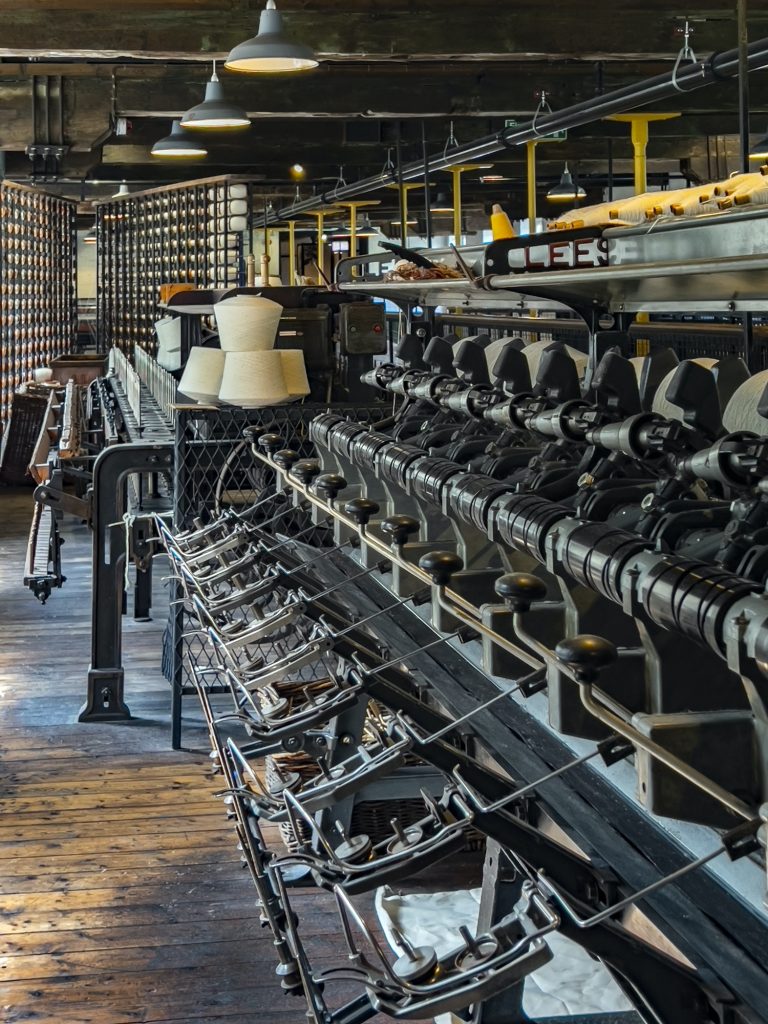
Industrialization has been one of the defining features of modern society, transforming how people live and work. From the rise of factories to the growth of cities, the impact of industrialization has been far-reaching and profound. In this article, we will examine the effect of automation on labour and life, exploring how it has shaped the world we live in today.
The Origins of Industrialization
Industrialization began in Britain in the late 18th century and quickly spread to other countries. The growth of factories and the development of new technologies, such as the steam engine and the spinning jenny, characterized it. These advances revolutionized the production of goods, allowing for mass production on a scale never before seen.
The Growth of Cities
As industrialization took hold, people flocked to cities in search of work. The growth of cities was a defining feature of the industrial revolution, as people moved from rural to urban areas in search of better wages and working conditions. This mass migration led to the growth of sprawling metropolises, with people living in crowded and often filthy conditions.
The Impact on Labor
The industry’s growth profoundly impacted labour, with workers forced to adapt to new ways of working. Factories were often dangerous and harsh, with extended hours and low wages. However, they offered the opportunity to escape poverty and provide a better life for one’s family. As a result, many workers were willing to endure the harsh conditions to improve their lives.
The Development of Labor Unions
The harsh working conditions faced by industrial workers led to the development of labour unions, which sought to improve workers’ lives through collective bargaining. These unions were crucial in securing better wages, working conditions, and worker benefits. They also played a vital role in shaping modern labour laws and regulations, helping to ensure that workers are treated fairly and with dignity.
The Legacy of Industrialization
The legacy of industrialization is complex and far-reaching. On the one hand, it brought about enormous advancements in technology and production, transforming the world and improving many people’s living standards. On the other hand, it also brought about widespread poverty and inequality, with workers facing harsh conditions and low wages.
Despite its mixed legacy, industrialization remains one of the most critical events in human history. It has shaped the world we live in today, shaping our economy, our politics, and our society. It is a story of progress and tragedy, triumph and struggle, and the power of human ingenuity.
In conclusion, the impact of industrialization on labour and life has been profound, shaping the world in ways that continue to be felt today. From the rise of factories to the growth of cities, the legacy of industrialization remains complex and far-reaching, encompassing both progress and tragedy.













